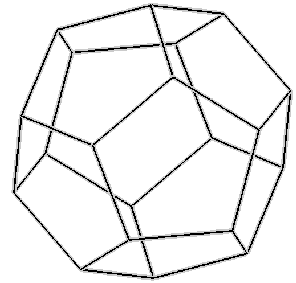Philosophers, Physicists, Others Win €2.5m to Study the Large Hadron Collider
An interdisciplinary team consisting of academics working in philosophy, physics, history, and sociology have won a 2.5 million euro grant to fund a three year project about the Large Hadron Collider at CERN.
The Large Hadron Collider (LHC) is the world’s largest and most powerful particle accelerator. It first started up on 10 September 2008, and remains the latest addition to CERN’s accelerator complex. The LHC consists of a 27-kilometre ring of superconducting magnets with a number of accelerating structures to boost the energy of the particles along the way. Inside the accelerator, two high-energy particle beams travel at close to the speed of light before they are made to collide.
The research grant is funded by the German Research Foundation.
Michael Stöltzner (South Carolina) shares some of the details:
The German Research Foundation (DFG)) and the Austrian Science Fund (FWF) will fund a new Research Unit whose aim it is to investigate the Large Hadron Collider (LHC) at CERN from an integrated philosophical, historical and sociological perspective, in close collaboration with theoretical and experimental particle physicists. The overall funding volume will be 2.5 million euros for an initial three years, with the possibility to extend the project for another three years. Under the common perspective of unification, foundational change, and complexity, the Research Unit’s six projects will investigate (i) the formation and development of the concept of virtual particles, (ii) the hierarchy, fine tuning, and naturalness problems, (iii) the relationship between the LHC and gravity, (iv) the impact of computer simulations on the epistemic status of LHC data, (v) model building and dynamics, and (vi) the strategies of producing novelty and securing credibility at LHC.
The collaboration’s center will be the University of Wuppertal in Germany with philosopher of science Gregor Schiemann as spokesperson; the Principal Investigators of the six interconnected projects are Robert Harlander (Physics, RWTH Aachen), Rafaela Hillerbrand (Philosophy, KIT Karlsruhe), Michael Krämer (Physics, RWTH Aachen), Dennis Lehmkuhl (History and Philosophy of Science, Caltech), Peter Mättig (Physics, Wuppertal), Martina Merz (Science Studies, AAU Klagenfurt), Gregor Schiemann (Philosophy, Wuppertal), Erhard Scholz (Mathematics, Wuppertal), Friedrich Steinle (History of Science, TU Berlin), Michael Stöltzner (Philosophy, University of South Carolina), Adrian Wüthrich (History of Science, TU Berlin) and Christian Zeitnitz (Physics, Wuppertal).
For earlier results of the group, see here. A number of postdoctoral and PhD fellowships will be advertised in due course.


